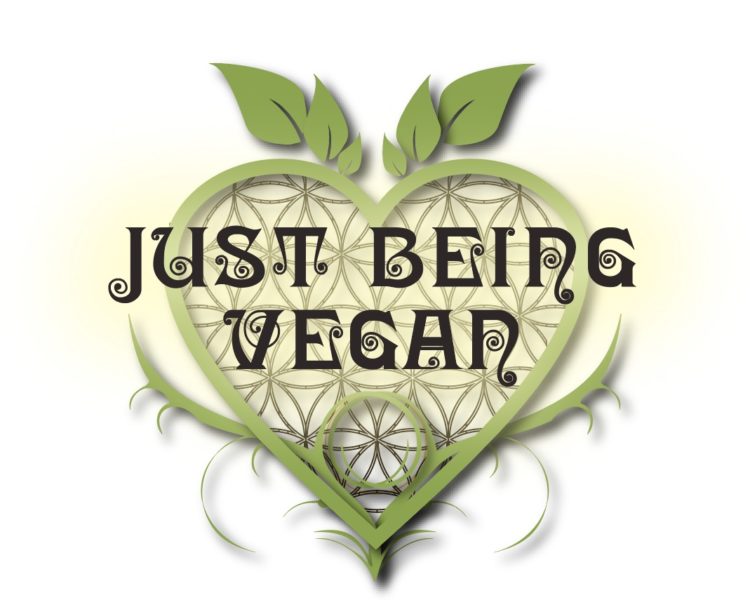The Vegetarian Diet
In the previous article we took a good look at the question; What is a vegan? You just might think that the differences between the diet of a vegan vs vegetarian are minimal. You may even think that the two are just about the same thing. To determine the differences between the two, in this article we will take a look at the eating habits of the two groups and the history of the two practices.
The Vegetarian Society states that vegetarianism was practiced as early as 3200 bc in Egypt for religious reasons. Since then many societies and individuals have also adopted the practice for health, ethical, and environmental, reasons as well. To better understand the two practices, vegan vs vegetarian. We must first be clear on what a vegetarian is.
Types of Vegetarians
The Vegetarian Society has separated vegetarians into three groups. In the first group we have the lacto vegetarians. Included in this group are vegetarians who consume dairy products but not eggs. Ovo vegetarians are the second group. Included in this group are those vegetarians who eat eggs but not dairy. Then finally, the second group the lacto-ovo vegetarians and they will not only consume dairy, but eggs also.
Vegan
By now you are probably able to make the distinction yourself when it comes to vegans vs vegetarians. If all three groups of vegetarian diets include some form of animal products, it would make sense that a vegan would not consume any animal products at all.
The Vegan vs Vegetarian
Since both the vegan Vs Vegetarian diet are both high in plant compounds, they tend to be more nutrient dense. Because of this they necessarily have higher amounts of vitamins, minerals and especially fiber. Both vegetarian and vegan diets have been found to be lower in cholesterol as well as saturated fat than compared to the diets of carnivores. These two diets are similar in that they will contain a large amount of fruits, vegetables, whole grains, seeds and nuts and legumes.
Including a good range of different types of fruits and vegetables is important for vegans and vegetarians alike. (And is also a good idea for non vegans and vegetarians as well). Vegans and vegetarians can ensure that important nutrients like iron, calcium, zinc, and B-12 are obtained through the diet by selecting a colorful range of fruits, veggies, nuts, seeds, legumes. Getting important omega-3’s can be achieved by eating leafy greens, while B-12 can be found in nutritional yeast.
Which is a healthier choice, Vegan Vs Vegetarian?
Vegans are known to have a lower risk of heart disease, diabetes and cancer than vegetarians. Saturated fats and cholesterol found in eggs and dairy are the known contributors. Not to mention the amino acid casein found in all animal products, shown to promote cancer in rats noted in the book the China Study by T.Colin Campbell. Vegans also have an easier time with weight control and have a lower body mass index than vegetarians.
Ethical Vegans
Ethical vegans make up the final group. While many vegetarians and vegans alike may make some of their dietary choices for similar reason, the ethical vegans choice not to include animal products in his or her diet reaches beyond their own health. Animal rights are the main concern for vegans in this group. Ethical vegans will not only avoid food products made from animals but almost any products that uses or tests on animals are off limits. Market places around the globe sell vegan clothing and accessories such as vegan boots and vegan shoes. Ethical vegans use cosmetics known as cruelty free that are made without any animal products or testing.
Ethical vegans also avoid events that use animals for entertainment. Horse races, zoos, theme parks like Sea World, circuses and rodeos are all off limits. The negative impact that industrial farming has on the environment is also a big reason the ethical vegan will avoid eating animal products.
















Very informative information! Great for helping people make an informed choice!